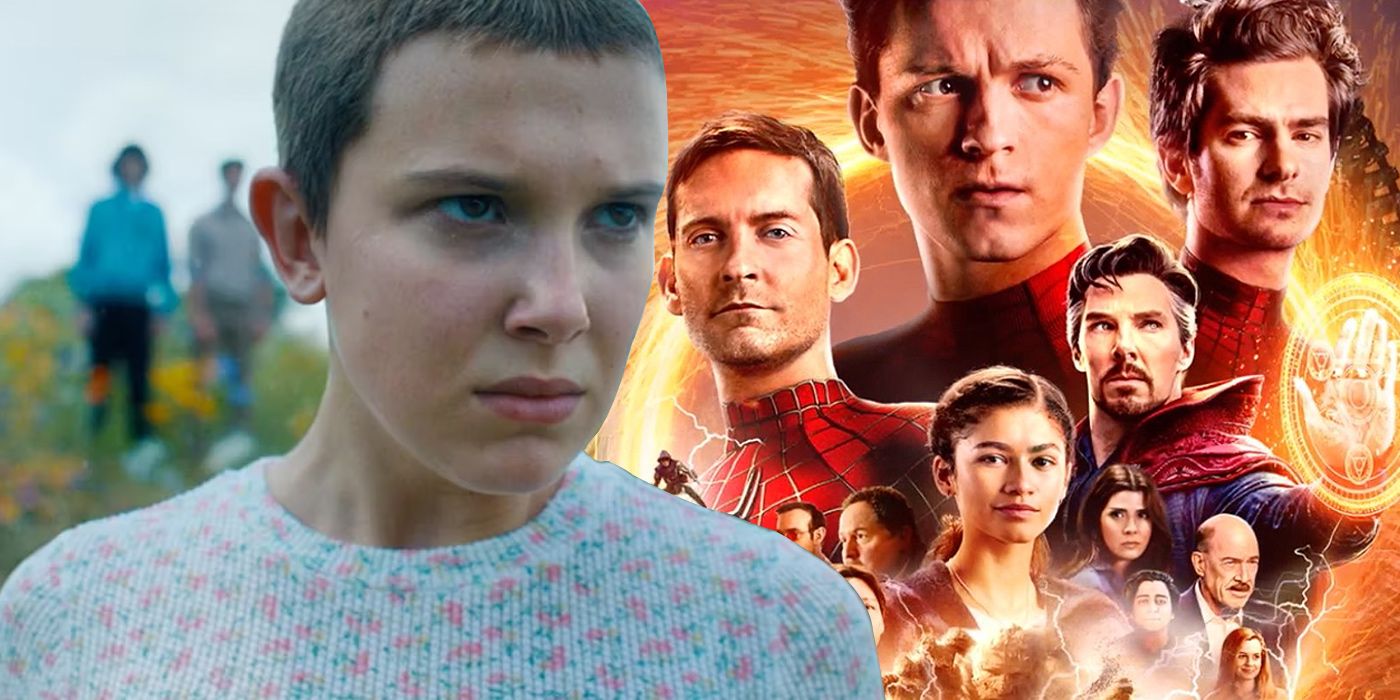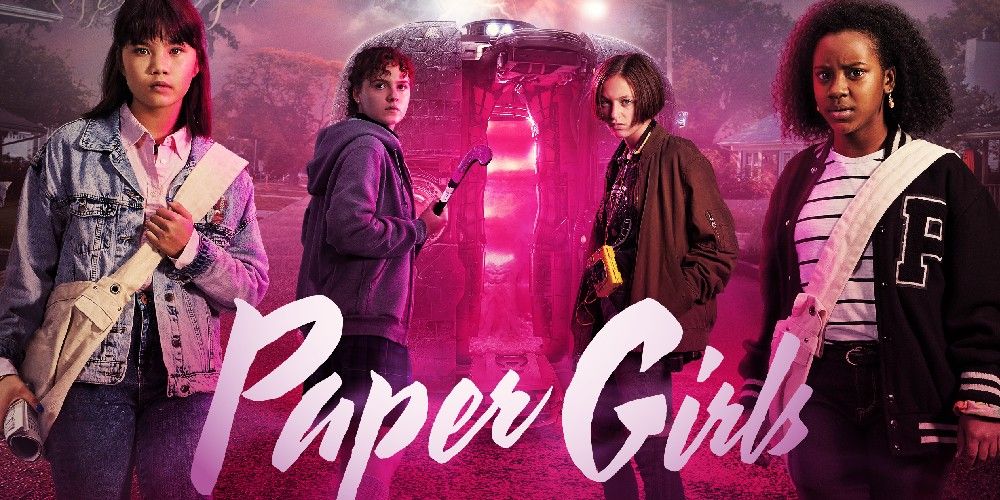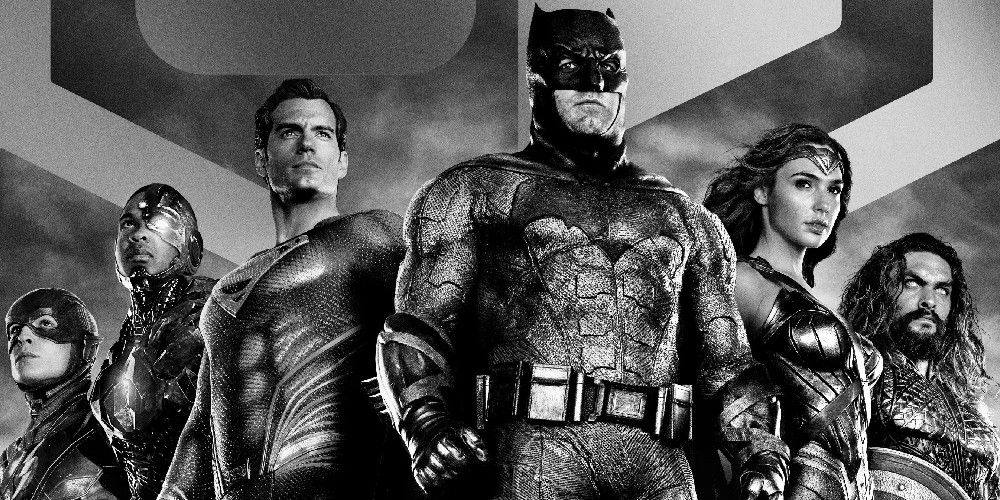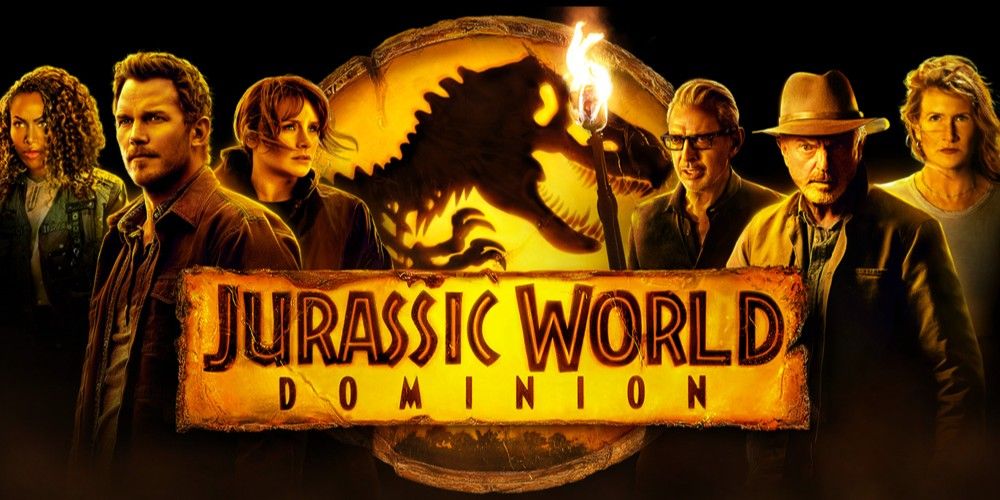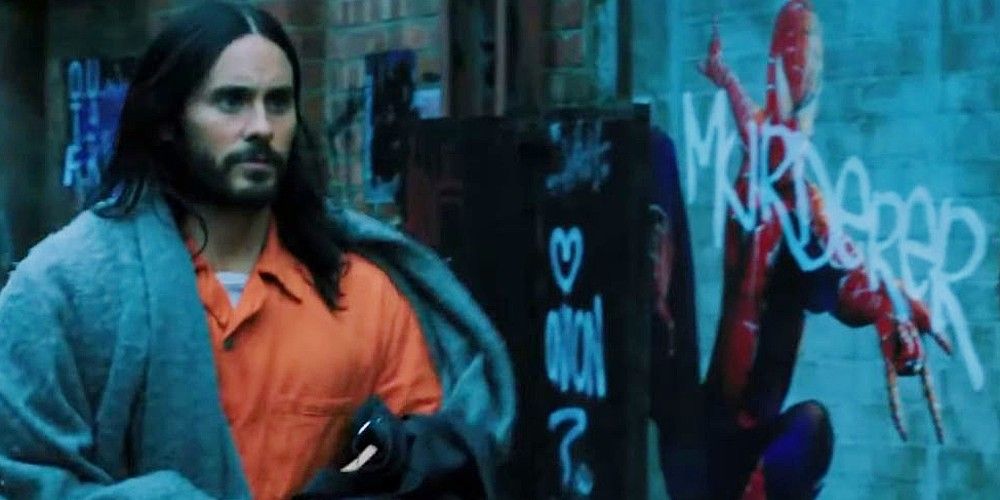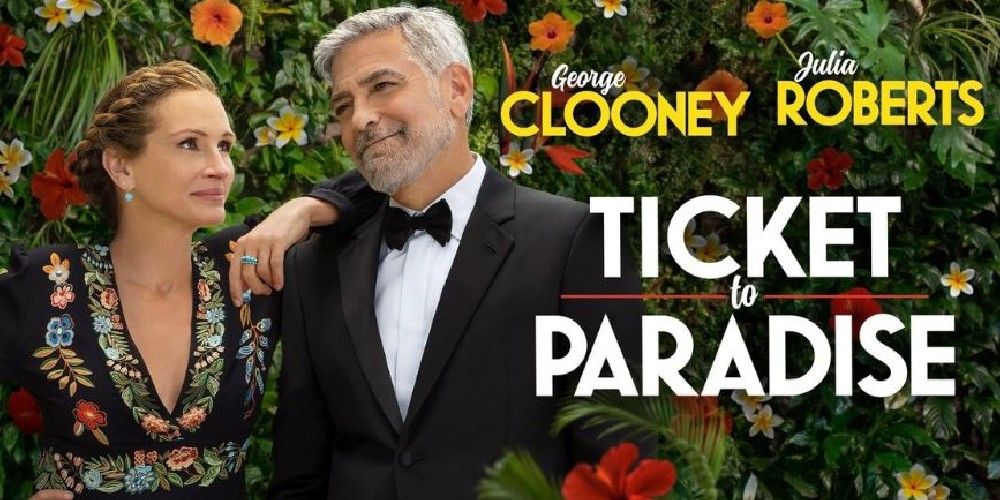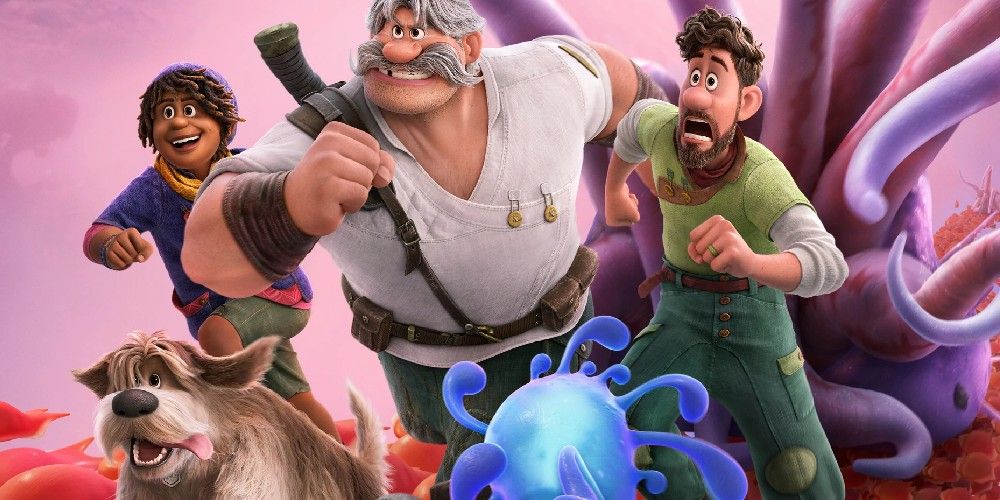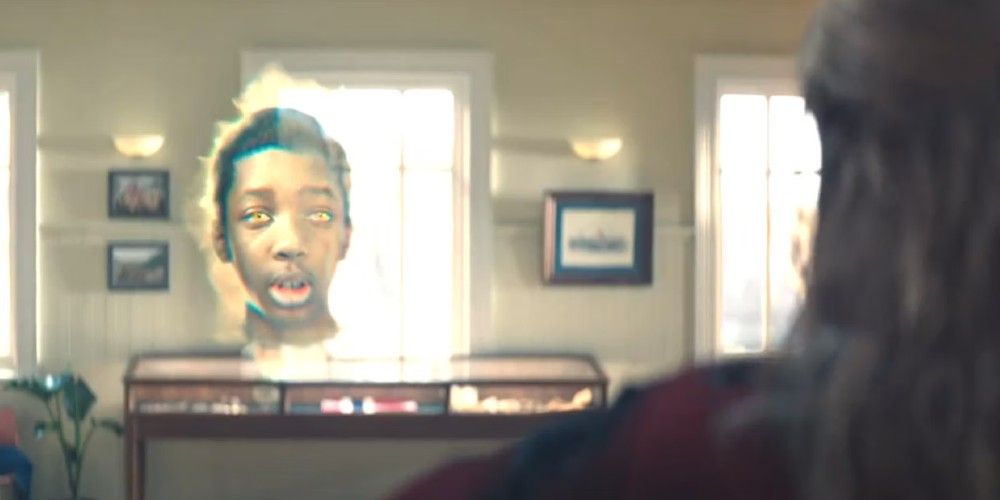Given how controversial and polarizing modern Hollywood's movies and inner workings can be, it's very easy to romanticize filmmaking trends and practices of previous decades. However, not all criticism against Hollywood's current form is unwarranted. In fact, there are things Hollywood did that bode ill for the industry's future.
Technological advancements that could've made entertainment more accessible and global devolved into an artless and soulless content mill in just a few years. Against all better judgment, Hollywood is still chasing short-sighted goals for immediate profit and little else. The question now is not if there will be damages, but how severe they will be.
10 Studios Rely Too Much On Arbitrary Box Office & Streaming Numbers
Hollywood always walked the thin line between art and commerce, but the divide is all but gone now. Regardless of quality, movies' and shows' futures are determined by cynical calculations. Because of their low projections, promising TV shows and movies are quickly canned or pulled from cinemas before word-of-mouth could save them.
This fate befell Three Thousand Years of Longing. Similarly, shows like Amazon's Paper Girls and Hulu's Y: The Last Man barely lasted a month before they were canceled because they weren't record-breaking hits. It's becoming more likely that producers will only greenlight safe, algorithm-friendly projects in the future instead of actual art.
9 Social Media Holds Too Much Sway On Blockbusters
Social media allowed moviegoers to voice grievances in real time. However, studios mistook this for actual public consensus. This led to movies being engineered to appease vocal and offensive minorities. Ghostbusters: Afterlife and Star Wars: The Rise of Skywalker only exist because their predecessors were viciously targeted by hate mobs.
The most egregious case of social media misleading a studio was Zack Snyder's Justice League, which was the end result of a controversial and almost fanatical fan campaign. Despite the online clamor for Snyder's uncut epic, the movie underperformed on HBO Max and didn't recoup Justice League's total budget of $370 million.
8 Nostalgic Adaptations & Revivals Are A Profitable Dead-End
The problem with comic book adaptations and revivals of '80s or '90s properties isn't their mere existence, but how cynically easy they are to sell as nostalgia bait. Popular superhero books and beloved movies have built-in audiences. Regardless of their actual quality, legacy reboots and modernized remakes have guaranteed profits.
Adaptations like Sonic the Hedgehog or revivals like Jurassic World almost always "respect the fans," and they're worse for it. Besides being creatively lazy and stagnant, these kinds of movies and/or shows only reaffirm their preexisting fandom instead of branching out. Hollywood isn't dropping this trend any time soon due to how profitable it is.
7 Studios Are Still Trying To Imitate The Marvel Cinematic Universe
Ever since the MCU cemented its dominance with The Avengers, every studio wanted its own shared universe. This led to a poorly thought-out rush of aspiring shared universes. Most failed almost as soon as they began. The most infamous flop was The Dark Universe, which began and ended with The Mummy (2017).
The MCU succeeded thanks to its flexible long-term plan, not just its interconnected movies. Rival shared universes either ignored this fact or didn't understand it. Recently, Warner Brothers reaffirmed its commitment to the floundering DCEU, while Netflix announced that Wednesday would open an Addams Family shared universe.
6 Too Many Movies Put Franchise-Building Ahead Of Everything Else
A side effect of the rush for shared universes was that many blockbusters spent too much time building bigger worlds that may or may not happen instead of just being good stand-alone stories. Cases in point, The Amazing Spider-Man 2 and Morbius were criticized and mocked for teasing expanded universes that never materialized.
Even the MCU was guilty of this, despite it being the most successful shared universe in history. The disappointing Phase 4 spent too much time explaining the multiverse and introducing legacy characters instead of developing those it already had. As a result, some of the MCU's latest entries and most modern blockbusters feel incomplete and unsatisfying.
5 The Mid-Budget Movie Is Effectively Dead
Thanks to changing audience habits, the mid-budget movie was all but shut out of theaters and given less priority by studios. The best a mid-budget movie could hope for is a streaming release. This may not seem like a big deal, but it's partially the reason why adult dramas, romantic comedies, teen movies, and more are almost extinct.
Well-made and received movies of certain genres rarely get the modern treatment they deserve. Filmmakers and actors now have fewer avenues to develop their skills while earning decently. Meanwhile, audiences are denied more cinematic variety. Tár and Ticket to Paradise are just some of the most recent examples of this worrying trend
4 Animation Is Getting More Disrespected Than Ever Before
Animation has been looked down upon for most of its existence, but its current treatment is arguably the worst in its history. Despite keeping Hollywood afloat during the COVID-19 pandemic's height, cartoons are still regarded as inferior entertainment only suited for impressionable children. Worse, animators barely get any respect.
Recently, The Walt Disney Company and Warner Bros. Discovery axed many cartoons for vague reasons and laid off countless animators without warning. These unethical practices were possible due in part to Hollywood's condescending attitude towards animation. Because of this, the stagnation of American animation will only continue.
3 Visual Effects Artists Are Still Being Mistreated Despite Their Importance
Visual effects have never looked as good as they do now, and technology will only improve with time. However, the trade-off seems to be the continued mistreatment of the industry. As of this writing, visual effects unions are practically non-existent. Artists are also being overworked and underpaid despite working on expensive blockbusters.
The MCU was routinely cited as one of the worst offenders of this practice. Artists revealed that the MCU often rushed them and paid very little despite excessive and even unreasonable demands. Controversially, the MCU addressed this by announcing the creation of an in-house visual effects division instead of paying their artists fairly.
2 The Lack Of Physical Media Will Lead To Lost Decades & Worse
Thanks to streaming, physical media was rendered redundant. While this seems like a practical trade-off for ordinary viewers, this could lead to long-term damages. Besides denying filmmakers of residuals or giving movies and shows second wind through video sales, the lack of physical media makes artistic preservation nigh impossible.
Case in point, Netflix's aversion towards physical media is what makes its habit of canceling shows and pulling movies out so worrying. When streaming is eventually supplanted by the next big change, almost all streaming-exclusive movies and shows from the 2010s will simply vanish thanks to modern Hollywood's disinterest in preservation.
1 Streaming Normalized "Content Culture"
One of the worst things that Netflix and streaming as a whole did was normalize "content culture." In brief, every movie and show is now just disposable content that's meant to be watched once and forgotten about. Not helping matters are the sheer amount of "content" that's pumped out and the binge model that Netflix popularized.
Movies and shows can't grow on viewers or find their audience later the way true cult classics did just a few years ago. Even the biggest streaming originals like Red Notice barely left an impression because of how quickly they're replaced by the next slice of content. Hollywood enabling this for profit's sake is a short-sighted and self-destructive mindset.

